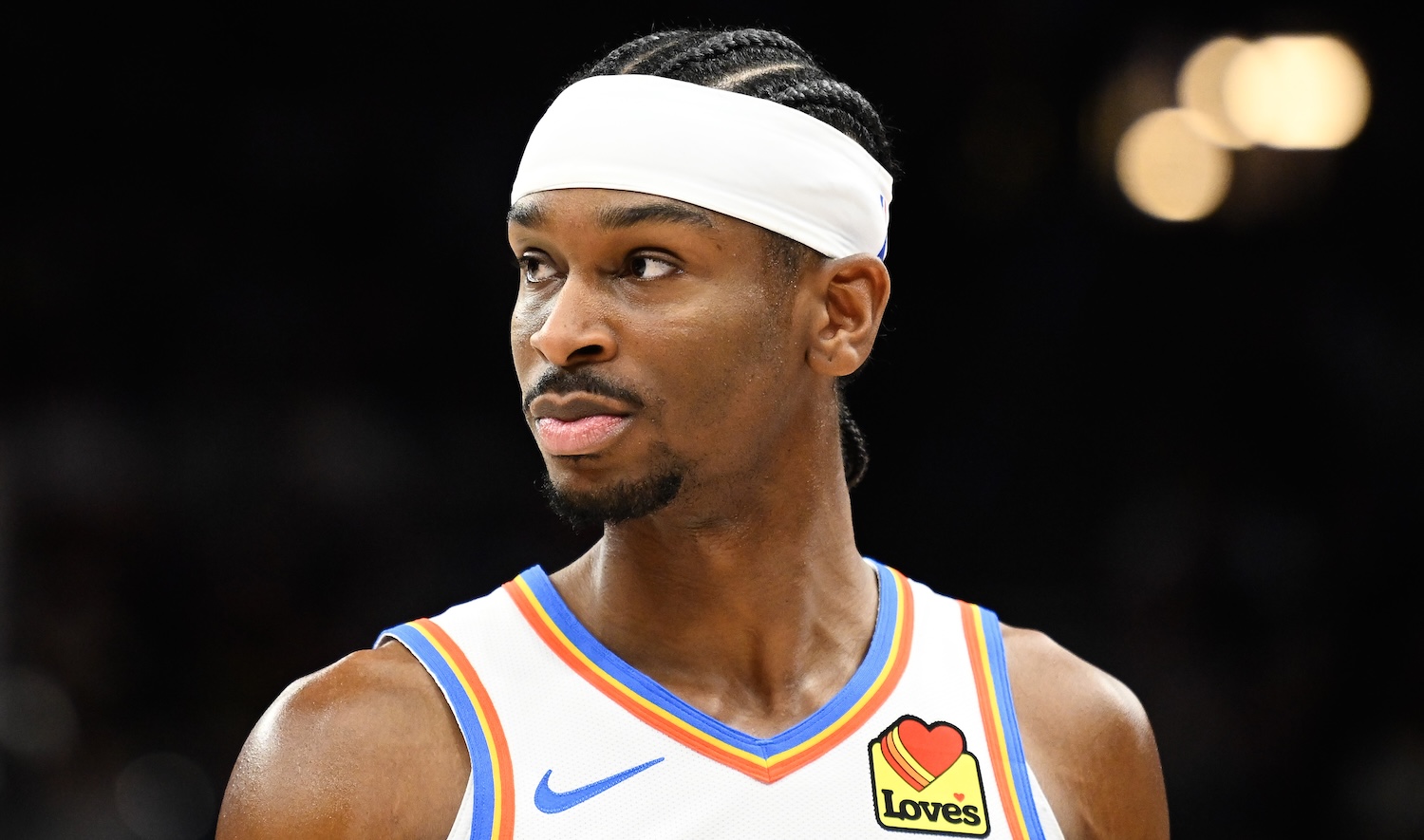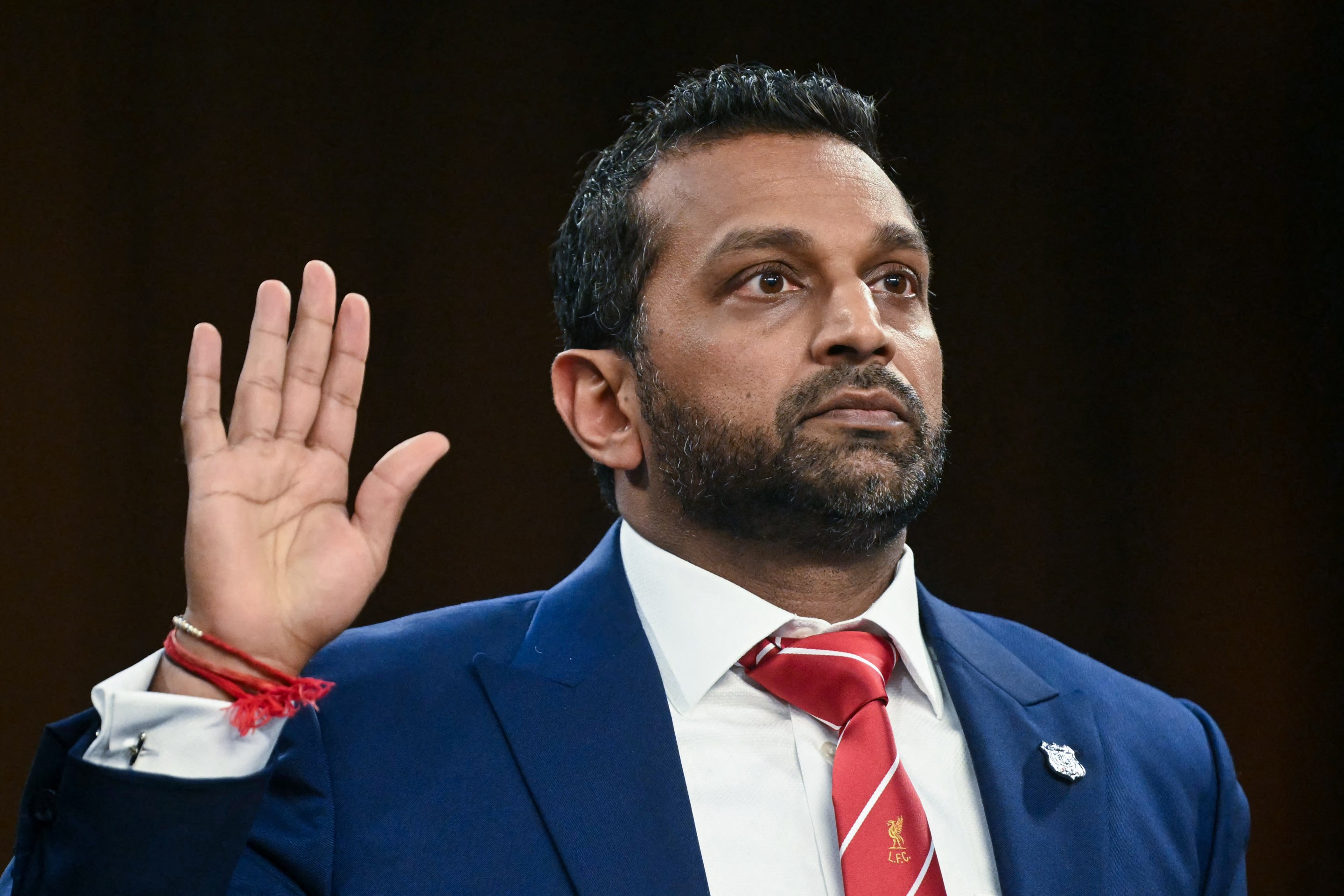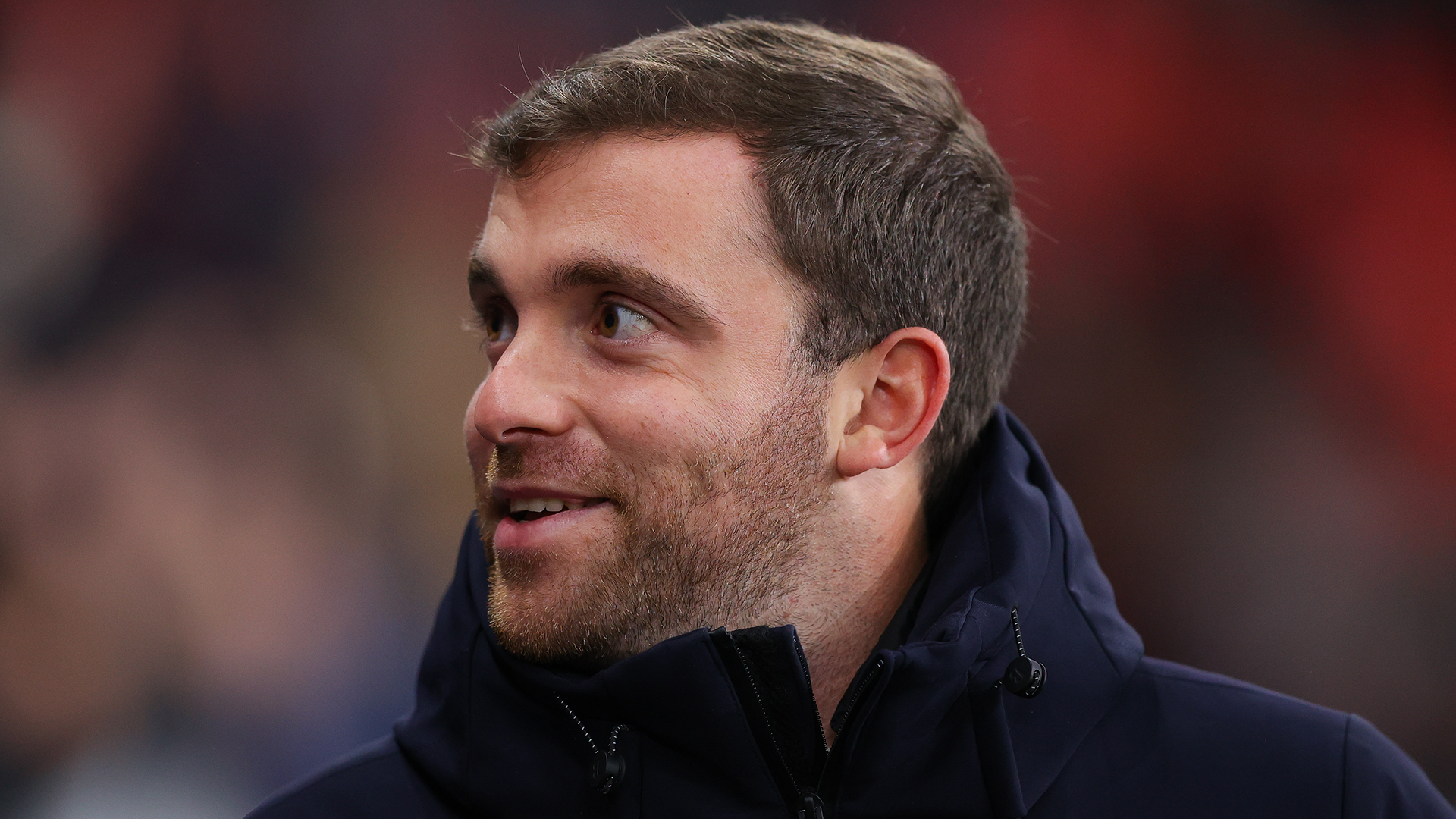The Oklahoma City Thunder just split two games in two days against the Minnesota Timberwolves. Shai Gilgeous-Alexander was incredible in both, notching 76 total points, 18 rebounds, and 16 assists. If you wanted to understand what makes SGA so good and cool, Sunday night's 130-123 gem was the ideal one-game sample; if you want to understand why he matters so much and why the largely untouchable Thunder still face so many big questions, Monday night's horrific loss was equally instructive.
So much of what makes the Thunder special is collective: their heat-seeking defense, unmatchable depth, team-wide shooting. As team setups go, having a dozen players who can defend as if armed and who generally play basketball at what appears to be 1.25x speed is certainly more unusual and interesting than surrounding one or two superstars with a roster purpose-built to their talents. The Thunder's formula does, however, rely on a number of stylistic hallmarks that tend to be marginalized by the differences between regular and postseason hoops. Can they still force turnovers on like every third possession in the playoffs? Will their depth really matter when they have to play against opposing rotations stripped of all their weak players?
But those questions are not as existentially weighted in Oklahoma City's case as they seem. Progressing to the conference finals and beyond tends to largely be a matter of individual talent, and the Thunder are winning not just because they're doing new stuff, but also because they have one of the best players in the league. Gilgeous-Alexander is also groundbreaking in his own right, and Oklahoma City's runaway lead in the Western Conference has as much to do with his individual genius as with the Thunder's collective smarts. They're doing new stuff, and so is he.
On Sunday night, the Thunder leapt out to a 19-point second-quarter lead, as Gilgeous-Alexander scored 11 early points and he and his teammates turned on the steals-and-dunks machine. But the Wolves mounted a burly comeback within the quarter, and did so by out-Thundering their opponents. Now that all of Rudy Gobert, Julius Randle, and Donte DiVincenzo are injured, Minnesota has basically been forced to become interesting and play a bunch of feisty rookies. The two teams played what felt like a playoff game from the future: hyperactive five-out hoops, played at a speed and intensity you rarely see in February.
And so, with Oklahoma City's gambit matched and with the Wolves bombing threes, Gilgeous-Alexander took over. There may be a handful of players in the league who are better at getting past their defender, but none of them are as crafty or threatening as SGA once they do. He has an almost herky-jerky motion, slowing and accelerating several times within the span of a single drive before pulling up, continuing on to the cup, or—to the chagrin of many opponents and observers alike—getting someone out of position and converting that into a foul. It's all based around driving and staying low, maintaining leverage and more maneuverability than a stanced-up opponent. What makes this all so unstoppable is Gilgeous-Alexander's comfort taking and making tough midrangers and three-pointers, so any defender has to be ready for him to pull it the second he eludes the first line of defense.
One sequence late in Sunday night's third quarter (beginning at 2:30 in the highlight reel below) illustrates this. On one possession, Gilgeous-Alexander nailed a pull-up three; then, one play later, he saw a hard double-team out of the pick-and-roll, dribbled out of trouble, and nailed a super-tough elbow jumper with Terrence Shannon bearing down on him.
In the fourth quarter, the Timberwolves panicked and started collapsing on Gilgeous-Alexander's drives and occasionally springing doubles on him, so he calmly found wide-open shooters whenever he faced pressure. It was a masterpiece of calm. Minnesota may have made it a game by cranking up the pressure to match Oklahoma City's, but SGA won it by resisting the pressure.
One day later, the Thunder blew a 25-point lead. Oklahoma City scored just four points over the final 6:28 of game time, as the Wolves sold out to keep Gilgeous-Alexander from killing them again. Even before he crossed halfcourt, Jaden McDaniels and Nickeil Alexander-Walker lined up to swarm him, letting everyone else on Oklahoma City play unchallenged four-on-threes. The Thunder could have as many open threes as they wanted, but they could not have Gilgeous-Alexander getting into the paint, and they ate shit. With Alex Caruso in the zone-breaker spot, he'd get the pass from SGA and either find a cutter or kick it out to someone in the corner, from where they would miss. Gilgeous-Alexander took two shots in the during Minnesota's 23-4 run: one in transition and one on the Thunder's final play of regulation. In overtime, he had a critical shot tossed by Anthony Edwards after it slipped out of his hands, and Minnesota earned its best win of the season.
You can chalk the collapse up to the Thunder missing shots, and you'd be mostly right, as most everything they saw in the final few minutes was open. You could also see the team's critical weakness: They don't really have a second guy who can reliably generate great shots when Gilgeous-Alexander gets this sort of attention or faces an adversarial whistle. Jalen Williams is great and smart and crafty, but he doesn't cook people as often as you'd like him to; I have a soft spot for Aaron Wiggins's driving game, but he's not quite physical enough to keep from being schemed out of the game by attentive defenses. Chet Holmgren missed the Monday game, and Oklahoma City could have used him, though his handle is not quite there.
The easiest answer the Thunder can provide is that they'll simply play well enough to avoid looking as ragged and dazed as they did late on Monday. The more interesting matter is whether Gilgeous-Alexander can raise his level in the playoffs to prevent the conditions for a similar crisis. Even the best defenders in the league have trouble staying in front of him, so it's not like he won't be ready for harder schemes. But the specific way the Wolves battled back on Sunday and won on Monday, by out-pressuring the team whose whole thing is applying pressure, shows that the Thunder are not yet complete. The specific way Oklahoma City won on Sunday shows that Gilgeous-Alexander is so good, they might not need to be.






